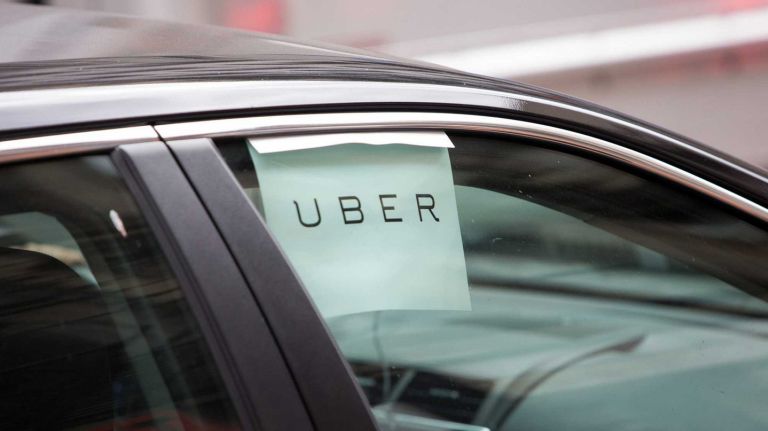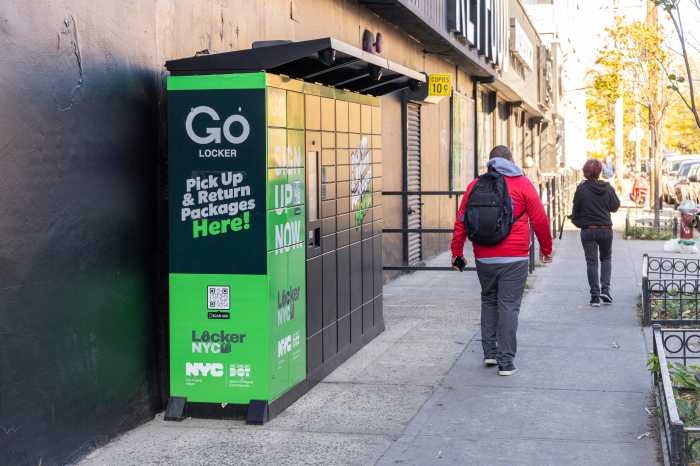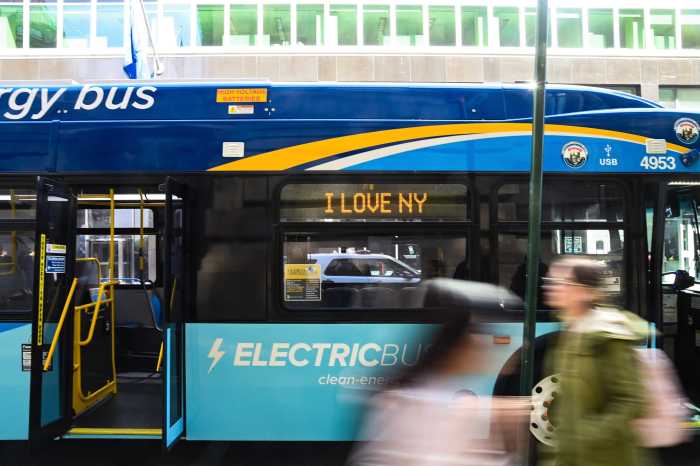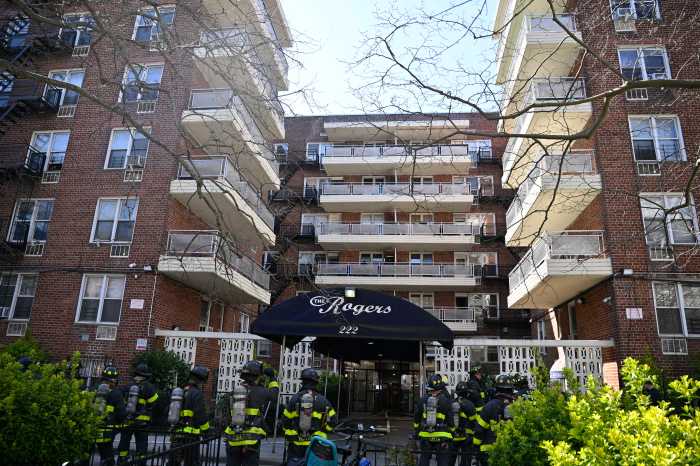Listen:
On a typical workday in May 2018, Mohammed Shahabuddin was dropping off his Uber passenger when his world crumbled. After dropping off his passenger, Shahabuddin found himself locked out of his Uber app. An email notification confirmed that he had been deactivated due to a passenger complaint accusing him of drinking and driving.
Shahabuddin, a Bangladeshi immigrant who came to America 16 years ago, was devastated. His primary income source, rideshare driving, had been abruptly cut off, leaving him in a state of distress and financial turmoil.
With a pregnant wife and mounting financial obligations, Shahabuddin tirelessly reached out to Uber for answers. He texted, called, and emailed Uber support only to receive responses reiterating that they needed time to investigate the case fully. The accusation of drinking and driving baffled him, as his religious faith prevented him from consuming alcohol. “I wanted to prove that I don’t drink, I have never had alcohol in my life,” he said. Shahabuddin expressed increasing frustration with the lack of due process – something he did not expect to happen to him in America.
This was not the first time Shahabuddin faced the harsh reality of sudden gig economy deactivations. In 2017, Lyft deactivated him after a passenger falsely suspected him of allegedly carrying a weapon. Even after proving his innocence to the police, he remained deactivated, with pleas to regulatory bodies, including the TLC, falling on deaf ears.
The term “unfair deactivation” resonates strongly among rideshare drivers facing sudden job loss based on passenger complaints. Sergio Avedian, a senior contributor at The Rideshare Guy Blog, says the absence of a transparent mechanism that allows drivers to present their case before a human or a neutral panel is problematic. “I get at least 20 emails a week from unjustly deactivated drivers,” he said, highlighting the scale of the problem
Avedian also points to a more profound issue – the firing of drivers by artificial intelligence. He alleges that rideshare companies, lacking the manpower for thorough case reviews, rely on algorithms that detect keywords like “driving under the influence” in complaints, leading to immediate and often unjust deactivations. Avedian voices concern over a future where employees are at the mercy of algorithms, devoid of human engagement. “This is proliferating into corporate America. I don’t want my kid to get hired by a corporation one day and then they get fired by some robot,” he said.
In response to these mounting concerns, rideshare drivers and the New York Taxi Workers Alliance championed proposed legislation in New York State titled “Wrongful Deactivation Of High-Volume For-Hire Vehicle Drivers.” This legislation seeks to grant drivers the right to petition for reactivation if unjustly deactivated within the last six years. Council Member Shekar Krishnan, representing the district with the largest driver resident population in New York, is the primary sponsor of the bill and has been actively vocal in his support for the rideshare drivers of New York. “Drivers are our most essential workers and it’s crucial that they’re treated that way,” he stated.
While rideshare drivers wait for legislative action – many like Shahabuddin, are actively losing income while trying to advocate for fair trials.
Calls and emails to Uber and Lyft for comment were not returned. However, in an article published in February 2023 on the news site Documented, Lyft responding to drivers striking against unfair deactivations by emphasizing its “rigorous internal investigation process” and asserted that deactivated drivers can seek a review of the decision.
Meanwhile, Uber’s CEO Dara Khosrowshahi, has taken a different and hands-on approach by going undercover as a driver in 2022. It helped him discover the multiple disadvantages that drivers face and since then he has been seemingly working on making the app more driver friendly.
Following Khosrowshahi’s undercover experience, Uber acknowledged the need for improvement and, on Nov. 14, 2023, they outlined measures to address driver concerns. A blog post by Khosrowshahi on Uber’s website promises increased transparency in deactivation explanations, additional review opportunities for drivers, and a concerted effort to identify consumers providing negative feedback for refunds. Notably, a nationwide partnership with LabCorp was introduced to assist drivers accused of driving under the influence through drug testing. However, drivers question the practicality of such measures.
Regrettably, since these changes were announced, Uber has not reached out to Mohammed Shahabuddin to discuss his case. Unable to log in to rideshare apps, there isn’t much option left for him to be able to contact Uber for a repeal. He has resorted to driving a yellow taxi cab, earning significantly less than he did with Uber and Lyft causing severe decline in his mental health.
He now questions the very foundation of the American dream that brought him to the United States. “I came to the United States because I love it, I would give my life for it, but what Uber did with me is unbelievable,” he said.





































